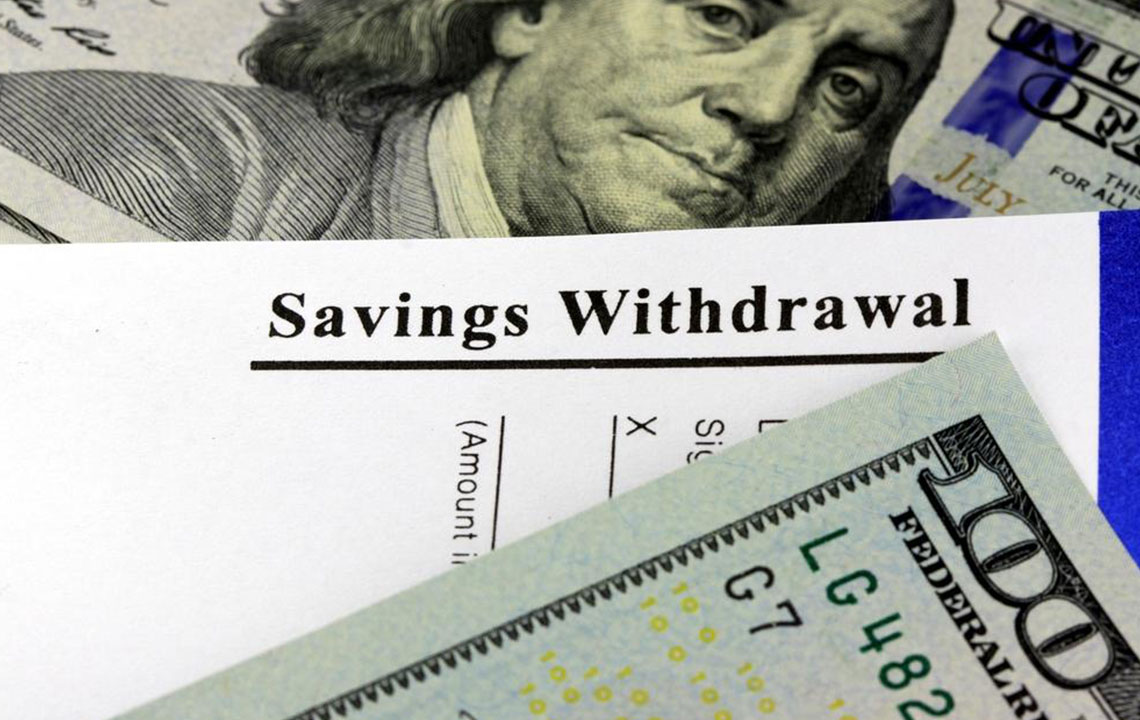Comprehensive Guide to Opening a Savings Account: Benefits and Drawbacks
Discover the comprehensive benefits and drawbacks of opening a savings account. Learn how these accounts secure your funds, help you save reliably, and understand potential limitations like withdrawal restrictions and minimum balance requirements. This detailed guide provides insights into how a savings account can fit into your financial strategy, highlighting how to maximize its benefits while avoiding common pitfalls for a secure financial future.

Comprehensive Guide to Opening a Savings Account: Benefits and Drawbacks
In today's financial landscape, a savings account remains one of the most fundamental tools for managing personal finances. Designed to help individuals save money while earning interest, these accounts serve as a safe repository for funds that are not intended for daily transactions. Understanding the advantages and disadvantages of opening a savings account can help you make informed decisions about your financial future. From security features to potential limitations, this guide explores everything you need to know about savings accounts.
What Is a Savings Account?
A savings account is a type of bank account tailored for individuals who want to deposit money securely while earning interest over time. Unlike checking accounts, savings accounts are primarily intended for savings rather than frequent transactions. Most banks set restrictions on the number of withdrawals or transfers you can make each month to promote disciplined saving habits. They generally do not offer checkbooks, reflecting their focus on building your savings rather than regular spending. Additionally, these accounts come with various features designed to help you grow your funds safely, making them an essential component of any comprehensive financial plan.
Advantages of Opening a Savings Account
Secure storage of funds: Keeping your money in a savings account is significantly safer than holding cash at home or in insecure locations. Banks employ advanced security protocols to protect your deposits, reducing the risk of theft or loss. In contrast, cash stored at home is vulnerable to theft, fire, or other unforeseen events, making a savings account a more secure repository for your savings.
Low minimum deposit requirements: Most banks allow individuals to open a savings account with a minimal initial deposit. In some cases, you can start saving with as little as $10 or $20, making it accessible for people with limited funds or those just beginning their saving journey. This low barrier to entry encourages more people to develop a savings habit early on.
Linkage with checking accounts for convenient transfers: Many banking institutions facilitate seamless connectivity between savings and checking accounts. This linkage permits quick and easy transfers of funds, especially when you need to access your savings unexpectedly. Automated transfers can also be scheduled to help you maintain consistent savings habits without manual intervention.
Facilitates automatic bill payments: Access to linked savings accounts or debit cards enables automated recurring bill payments. This automation simplifies money management, reduces missed payments, and helps you stay organized with your financial responsibilities.
Disadvantages of Opening a Savings Account
Limited insurance coverage for high balances: Funds deposited in savings accounts are typically insured up to a certain limit by federal agencies like the FDIC in the United States. While this insurance protects your deposits up to the insured amount, any balance exceeding this threshold is vulnerable if the bank faces financial difficulties. It is essential to monitor your account balance to ensure your savings are fully protected.
Potential temptation to withdraw prematurely: Easy access to your savings can sometimes lead to impulsive spending. Without disciplined financial planning, individuals may find themselves dipping into their savings before reaching their goals, undermining long-term financial stability.
Minimum balance requirements and associated penalties: Many savings accounts have minimum balance stipulations. Falling below this threshold may incur fees or penalties, reducing your overall savings. Understanding these requirements before opening an account helps in maintaining healthy balances and avoiding unnecessary charges.
Additional Considerations
When choosing a savings account, it is essential to evaluate the interest rates offered, the specific fees involved, and the bank's accessibility features. High-yield savings accounts can significantly boost your interest earnings, but they may come with more stringent terms. Furthermore, considering the bank’s online and ATM accessibility can enhance your convenience in managing funds. Regularly reviewing your savings goals and adjusting your account choices accordingly can optimize your financial growth over time.
In conclusion, a savings account is a vital tool for financial security and growth. By understanding its benefits and limitations, you can make smarter choices that help you achieve your savings objectives effectively. Whether you are building an emergency fund, saving for a major purchase, or planning for future investments, maintaining a savings account tailored to your needs can serve as a cornerstone for your financial wellbeing.





